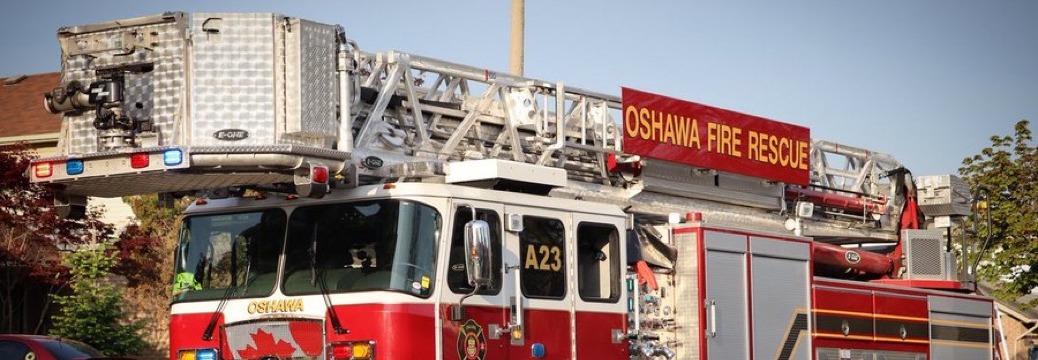Fire Prevention and Safety

The Fire Prevention Division:
- Performs inspections on a complaint or request basis. Conducts plan reviews and new construction inspections.
- Educates the public on fire safety and prevention measures and responds to public safety inquiries.
Visit our Public Education page to learn more about Fire Prevention programs and initiatives.
Other services:
- Fire Inspection Request form
- Fire Incident Report Request form
- Compliance Letter Request form
- File Search Request Form
- Supra Key Boxes
- Open Air Burning
When applying for a compliance letter for a recent inspection/inspection order, please ensure all inspections are completed and the property is in compliance prior to requesting the letter.
Fire Safety Devices
Keep your home safe with the following fire safety devices.
Fire Safety Tips
If this is an emergency, dial 9-1-1. Do not wait.
The following safety tips will help you take fire prevention into your own hands: use the links below to learn how to protect yourself and those you care about from the risk of fire.
Candle Safety |
|
Oshawa Fire Services is urging everyone to practise safe candle use. Candle fires most commonly occur when unattended candles or something that easily catches fire is left too close to the flame.
|
Electrical Safety |
|
Home Escape Planning |
|
Make a home fire escape plan and practise it to ensure everyone knows what to do in a fire emergency.
|
Kitchen Safety |
|
Approximately 82% of all fires in Oshawa occur in a home. Unattended cooking is the number one cause of fires in Ontario. Kitchen fires are preventable if the following safety tips are followed:
|
Power Failure Safety |
|
Smoking Hazards |
|

